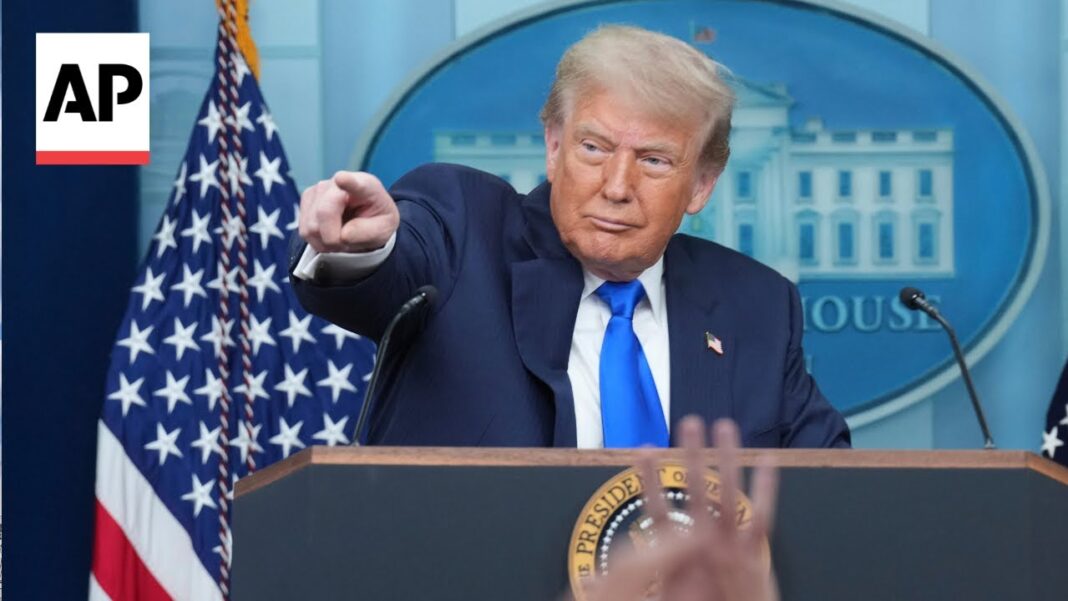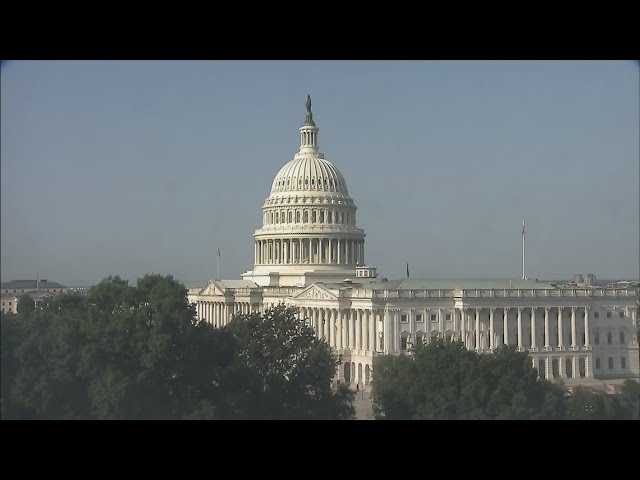In a landmark 6-3 decision, the U.S. Supreme Court ruled that federal district judges, the lowest tier of the federal judiciary, can no longer issue nationwide injunctions, delivering a significant victory for President Donald Trump and his administration. This ruling dismantles a key tactic used by liberal-leaning courts to block Trump’s policy agenda, marking a turning point for his presidency and reinforcing the democratic process for the American people.
Since President Trump retook office, his administration has faced an unprecedented wave of nationwide injunctions—court orders that halt federal policies across the entire country, not just for the parties involved in a specific case. According to the Trump administration, 40 such injunctions were issued in a short period, with 35 originating from just five federal district courts: Maryland, Washington, D.C., Massachusetts, California, and Washington state. These courts, often perceived as liberal strongholds, have been accused of engaging in “lawfare” to obstruct Trump’s policies, including his executive orders on immigration, diversity programs, and federal workforce reductions.
For context, Trump’s first administration (2017–2021) faced 64 nationwide injunctions, double the combined total of 32 issued against the Bush, Obama, and Biden administrations since 2001, as reported by the Harvard Law Review in April 2024. This disproportionate targeting highlights what conservatives describe as a strategic effort by the Left to use sympathetic judges to derail Trump’s agenda. Attorney General Pam Bondi, speaking alongside Trump at a White House press conference, called the pattern “crazy,” noting that these five districts have consistently issued sweeping orders to block “virtually all of President Trump’s policies.”
Key Examples of Blocked Policies
The five district courts have issued injunctions that significantly hampered Trump’s initiatives. For instance:
– U.S. District Court for the District of Maryland: Issued injunctions against Trump’s executive order ending birthright citizenship for children of illegal immigrants and another halting efforts to end federal support for diversity, equity, and inclusion (DEI) programs.
– U.S. District Court for the Northern District of California: Blocked policies such as federal workforce reductions, withholding funds from sanctuary cities, and terminating legal visa statuses for international students.
– U.S. District Court for the District of Columbia: Halted deportations of violent illegal immigrant gang members under the Alien Enemies Act and blocked Trump’s ban on transgender individuals serving in the military.
– U.S. District Court for the District of Massachusetts: Issued injunctions against Trump’s birthright citizenship order and efforts to end a Biden-era migrant parole program.
– U.S. District Court for the Western District of Washington: Blocked Trump’s suspension of the U.S. Refugee Assistance Program and his military transgender ban.
These injunctions, often issued by judges appointed by Democratic presidents, have been criticized as overreaching, effectively allowing a single district judge to override the will of a president elected by millions.
Why This Is a Big Deal for Trump
The Supreme Court’s ruling is a “monumental victory” for Trump, as he described it, for several reasons:
1. Restoring Executive Authority: Nationwide injunctions have repeatedly undermined Trump’s ability to implement his agenda, from immigration enforcement to reducing federal bureaucracy. By limiting the scope of district court injunctions, the Supreme Court ensures that Trump can execute the policies he was elected to deliver without being stalled by lower courts.
2. Breaking the Cycle of Lawfare: The decision curbs what Trump and Bondi describe as a deliberate strategy by liberal activists to file lawsuits in favorable districts, exploiting the judiciary to block conservative policies. This ruling levels the playing field, ensuring that judicial power is not concentrated in a handful of districts.
3. Speeding Up Policy Implementation: With fewer obstacles from nationwide injunctions, Trump can move swiftly to enact promises like strengthening border security, reducing federal overreach, and reforming immigration policies—key issues that resonated with voters in his historic mandate.
Why This Is Great for America
The Supreme Court’s decision is not just a win for Trump but a triumph for the American democratic process and the rule of law.
Nationwide injunctions allow a single district judge to override the executive branch, effectively giving unelected jurists outsized power over national policy. By restricting this practice, the Supreme Court reinforces the constitutional balance, ensuring that the president, elected by the people, can govern without undue interference from lower courts.
Trump’s 2024 election victory was driven by a clear mandate to address issues like immigration, crime, and government efficiency. Nationwide injunctions, often issued by judges in liberal districts, have frustrated the will of millions of Americans. This ruling ensures that the policies voters supported can be implemented without being derailed by a small number of activist judges.
The concentration of injunctions in just five districts highlights a systemic issue of “forum shopping,” where plaintiffs strategically file cases in courts likely to rule in their favor. By limiting nationwide injunctions, the Supreme Court discourages this practice, promoting a more equitable judicial system.
Many of Trump’s blocked policies, such as deporting violent gang members or ending birthright citizenship for children of illegal immigrants, aim to strengthen national security and public safety. With fewer judicial roadblocks, the administration can prioritize protecting American citizens, as Trump emphasized in a March Truth Social post: “I was elected for many reasons, but a principal one was LAW AND ORDER.”
A Historic Shift
The Supreme Court’s ruling marks a historic shift in the balance of power, reining in what Trump called a “colossal abuse of power” by federal judges. Former Assistant Attorney General Beth Williams noted in 2019 that Trump’s first year in office saw 20 nationwide injunctions—an eight-fold increase over the average for previous administrations. The ruling addresses this disparity, ensuring that the judiciary respects the democratic process and the authority of the executive branch.
As Attorney General Bondi declared, “No longer.” This decision empowers Trump to fulfill his campaign promises, from securing the border to streamlining government, while safeguarding the constitutional framework that underpins American democracy. For the millions who voted for Trump’s vision, this is a step toward ensuring their voices are heard—and acted upon.








